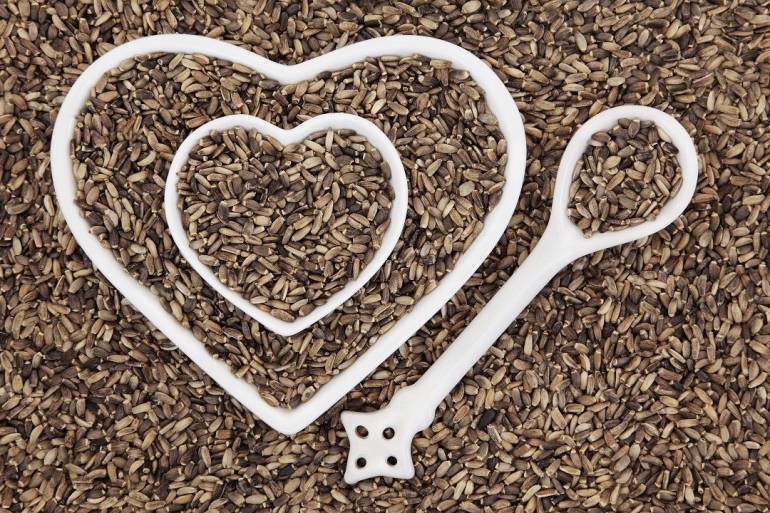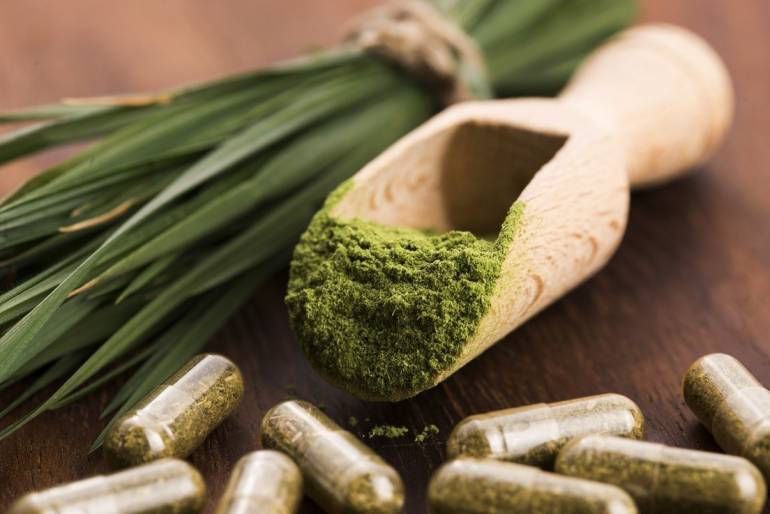Medicine is a field of science as old as humanity is old. From the earliest times, there has been interest in the human body, how it works and effective treatments. Thanks to this curiosity, medicine has steadily developed, reaching the point where it is today. Over the centuries, views on the causes of various diseases and methods of treatment have changed. Beliefs about liver disease have also undergone such an evolution.
What did ancient physicians know about the liver?
Ancient works on medicine list the liver alongside the brain and heart as one of the body’s most important organs. However, relatively little was known about its function at the time. The Greek physician Hippocrates, called the „father of medicine” in his works described a case of illness of a certain Apollonius of Abdera. The symptoms observed in the patient today would certainly have been associated with hepatitis. However, Hippocrates claimed that the cause of his ailment was intestinal disorders. The scientific authority of ancient Rome, Aulus Cornelius Celsus, suggested that hot weather was the cause of swelling of the liver and spleen. Another Greek physician, Areteus of Cappadocia, recommended applying a poultice of unbleached sheep’s wool, oil of unripe olives, rose oil and nostrum herb for liver pain.
The liver in ancient times was associated not only with health, but also with feelings. The Greek philosopher Plato believed that it harbors the worst emotions: anger, jealousy and greed. Similar beliefs can also be found in ancient Jewish tradition: according to the Talmud, anger originates from the liver, and the organ that soothes negative emotions is the gall bladder. The belief that the liver influences a person’s emotional state persisted for a long time. Until the end of the Middle Ages, humoral theory was in force in medicine, according to which a person’s good physical and mental state depended on the balance of four fluids circulating in the body: blood, mucus, black bile and yellow bile. The latter was supposed to flow from the liver, and an excess of it would cause anger. To date, we say of a person who is easily irritated that he is „flooded with bile.” The structure of the liver and its most important functions were not described until the second half of the 19th century, the era of major medical discoveries.
Liver diseases – causes and symptoms
Hippocrates also included in his writings a remark about the fact that sweet wine puts more strain on the liver than other types of wine and than other drinks. It also more often leads to its swelling. This statement is correct, as sweet wine generally contains a higher amount of alcohol, which is broken down by liver enzymes.
Ethyl alcohol from beer, wine or vodka is first oxidized in the liver to acetaldehyde. This compound is the likely cause of most of the unpleasant symptoms associated with a hangover, as it is 10-30 times more toxic than alcohol. The body gets rid of it by oxidation to acetic acid, which also takes place in the liver. The toxic effects of acetaldehyde cause some liver cells to become damaged. In their place, new, healthy cells are formed, as the liver has a high capacity to rebuild. Regular alcohol abuse can lead to liver inflammation. Its consequence is impaired cell regeneration, which over time can become the cause of alcoholic hepatitis and then life-threatening cirrhosis. Most often this condition affects men who drink more than 3 bottles of beer or 200 ml of vodka every day for 10 years. For women, the safety threshold is much lower at, for example, 1 beer (500 ml) per day for 10 years. However, it is important to keep in mind that any amount of alcohol drunk forces the liver to work harder than usual, even if no related symptoms are felt.
Fatty foods are also inhospitable to the liver. A large amount of animal fats in the diet can lead to steatohepatitis. It occurs when excess lipids and cholesterol are deposited in liver cells, disrupting their function. Temporary liver problems often occur after eating too much. A liver that is overburdened may not be able to keep up with the production of bile, which is necessary for the proper digestion of fats.
The liver is also affected by the medications you take, as many of them are processed there to inactive compounds. This applies to both prescription and over-the-counter preparations. Frequent use of painkillers (e.g. paracetamol, ibuprofen, naproxen, aspirin), exceeding suggested doses and combining these drugs with alcohol can be a significant burden on the liver. People who come into contact with certain chemicals at work (pesticides, organic solvents, vinyl chloride) may also be at risk for liver ailments.
Milk thistle – a rescue for the liver without a prescription
Ignorance of the liver’s functions and the processes for which it is responsible made it extremely difficult to invent an effective remedy for its ailments for many centuries. Herbariums of the past suggested as liver remedies the herb of the common liverwort and liverwort mosses, among others. However, these suggestions were not based on careful observations. Rather, they were based on the intuition of doctors and herbalists.
Today it is well known that an effective herbal medicine for the liver is one that contains spotted thistle in its composition. Preparations containing the extract of the seed husk of milk thistle are used widely in the prevention and treatment of liver diseases. Numerous studies have been conducted to confirm their effectiveness and safety.
Also check out: liver supplements
Silymarin – an ingredient in liver medicines
The main active ingredient of thistle extract is silymarin. Strictly speaking, it is a complex of several flavonoid and lignan compounds. Silymarin has been shown to protect liver cells from harmful factors, promote their regeneration and growth, and support liver detoxification. In addition, it inhibits the synthesis of pro-inflammatory factors, reduces fibrosis processes, has a weak choleretic and anticholesterol effect.
Popular over-the-counter liver medications with silymarin in the formulation are Sylimarol 35 mg and Sylimarol 70 mg. New on the market is the drug Sylimarol Vita 150, which contains 150 mg of silymarin and vitamins B1, B2, B6, PP and calcium pantothenate. Thanks to its vitamin content, Sylimarol supports biochemical processes that take place in the liver. The high dose of the active substance makes it possible to take it 2 times a day, 1 capsule each, preferably after eating. It is recommended for adults and adolescents over 12 years of age in indigestion after eating heavy meals, manifested by bloating and belching. It can also be intended for systematic use by people at risk of toxic liver damage and during recovery from hepatitis. Use for more than 4 weeks requires consultation with a physician.







